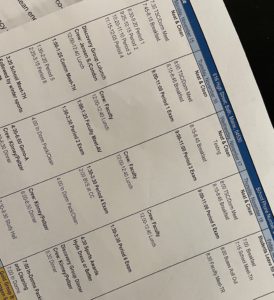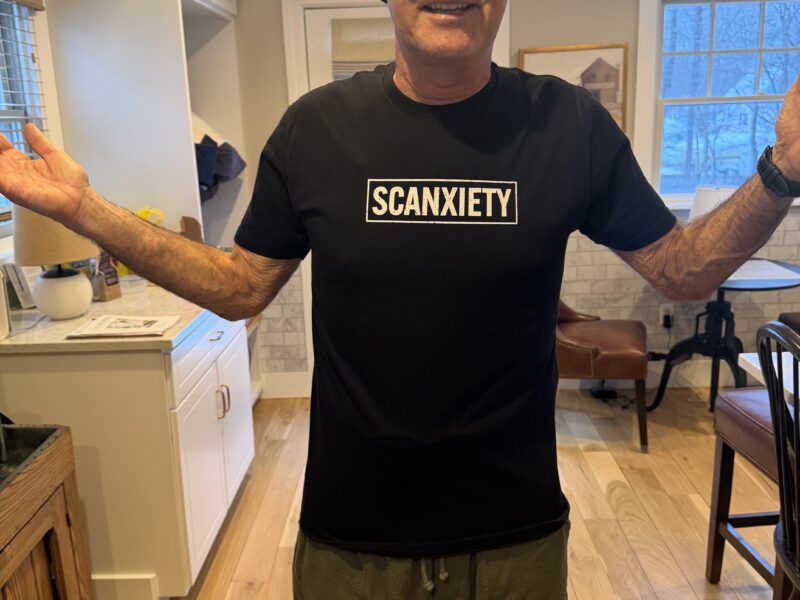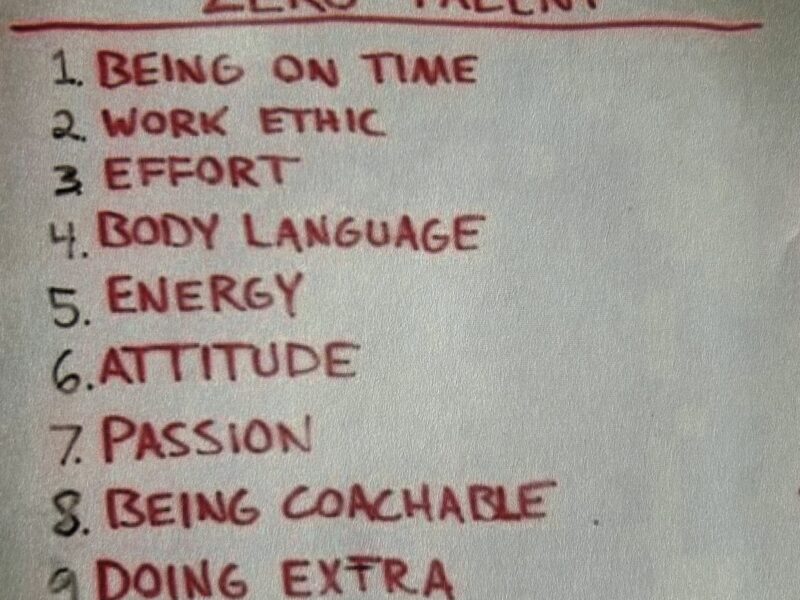
“The school’s gonna run the schedule… the schedule’s not gonna run the school.”
When I was starting out as a teacher-coach, our school’s leader would voice that conviction whenever he sensed that we faculty members were failing to recognize or optimize a teachable moment in our midst.
Forty-five years later, having arrived at the twilight of my career, not only do I fully endorse this sentiment, I have also come to subscribe to a logical extension of it: Every school has a culture. Is yours by design or default?
Last week I conducted an experiment where I perused a week’s worth of Boston Globes to see just how many articles spoke to issues of culture concerning Boston area schools and youth. (No disrespect intended to Boston, a place where I have happily lived and will always count as a fave city. Hence, I’m a Globe subscriber.) From Sunday through Saturday, several pertinent articles popped up on my iPad screen. Whether the kids were presented as victims, perpetrators, or beneficiaries, I narrowed the articles down to five storylines:
- A suburban town held a healing vigil as a response to racist and homophobic hate graffiti that had been emblazoned on the halls of its middle school. One local minister explained the gathering as a display of support “for all the kids who felt dehumanized.”
- A man was arrested in Boston who had exposed himself to a group of 14-year-old girls at a Mass Transit train station.
- Three teens were arrested for initiating and leading a group of peers in the senseless beating of a middle aged man waiting for a train at another Mass Transit stop. The man had to be hospitalized.
- Fifty students and staff members were evacuated from a suburban high school after a student had allegedly set a fire in the boy’s locker room. The superintendent was quoted as describing the fire as “deliberately set by a member of our student body putting everyone at risk.”
- Another piece spoke to the toll of physical and emotional safety issues at another suburban high school in the wake of a student’s “serious and inappropriate” use of social media outlets.
Returning to the above opening quote, suffice it to say that my mentor of long ago would have considered all five of these incidents to be worthy of “schedule disruption.” However, this is not to say that the only time schools should “stop, drop, and deal” is in response to problems and crises.
In too many schools, the schedule exists for a singular purpose, that of maximizing academic instruction time. While I believe that it ought to exist for the purpose of maximizing an inspiring school culture, I have had enough conversations with principals and superintendents to know that such an argument would be readily dismissed as too radical. So, how about we give culture some consideration when we draw up our schedule?
I have spent the last two years developing the Hyde Discovery Process, a school culture enhancement program. Among its core practices is the Daily Check-In, a 15-minute session where students and their teachers begin each school day together in small groups (12-to-15 students) to share goals, encouragement, and even constructive criticisms with the purpose of helping each other work toward being their best possible selves.
Does the Daily Check-In cut 15 minutes out of the academic day? Yes, it does. However, not only do participating schools invariably consider those 15 minutes a small price to pay for an uplifting collective learning attitude appreciated by students and teachers alike, they uniformly note that they also result in better grades and higher test scores. Furthermore, as one school superintendent said, “Sad to say, but those 15 minutes are the sanest, the safest, and the most caring 15 minutes that some of our students will experience each day.”
Discovery Process teachers often speak appreciatively of “the problems we don’t have.” For example, one participating school principal from Pennsylvania said to me, “We used to have a lot of fights, but since starting this program, they have basically stopped. And as for bullying, we don’t even talk about it. It just doesn’t happen here anymore.”
School culture by design demands that the schedule serves the true needs of the school. Not vice-versa.
Onward, Malcolm Gauld
Post-Script – And On the 8th Day…
On the day after my 7-day experiment, I settled into the Boston Sunday Globe only to encounter two more stories relevant to my experiment, one deeply troubling and one equally uplifting.
Starting with the bad news: The lead Front Page headline poses a question about the fraternity scene at the flagship campus of U Mass (Amherst). The subtitle reads “Frustration builds in Amherst at frat culture that breeds sexism, exclusivity.” It begins with a story of a first year female student who, when attempting to enter a fraternity party, is denied entry with the explanation that “You’re too fat for us.” Believe it or not, things actually go downhill from there.
On the flip side: The Metro section features a story of two lifelong friends devoting their lives to keeping a struggling Dorchester Pop Warner football program alive that has “won regional championships and gained acclaim from civic leaders and elected officials for creating alternatives and opportunities for the city’s at-risk youth.” Twenty years and 100s of kids later, they now find themselves scrambling to raise the $45K necessary to send the team to a national tournament in Orlando. These two guys come from nothing, took a number of wrong turns in their younger days, and are turning over every stone possible to help steer their young players in the right direction.
Together, the two pieces represent ironic bookends with one story showing opportunity in search of character and the other showing character in search of opportunity. I’m wondering…
- Even though the Discovery Process is geared to middle and secondary schools, maybe we should develop a college fraternity version?
- If the Dorchester Pop Warner football program would like to incorporate the Discovery Process into their activities, I would be honored to offer it free of charge.



